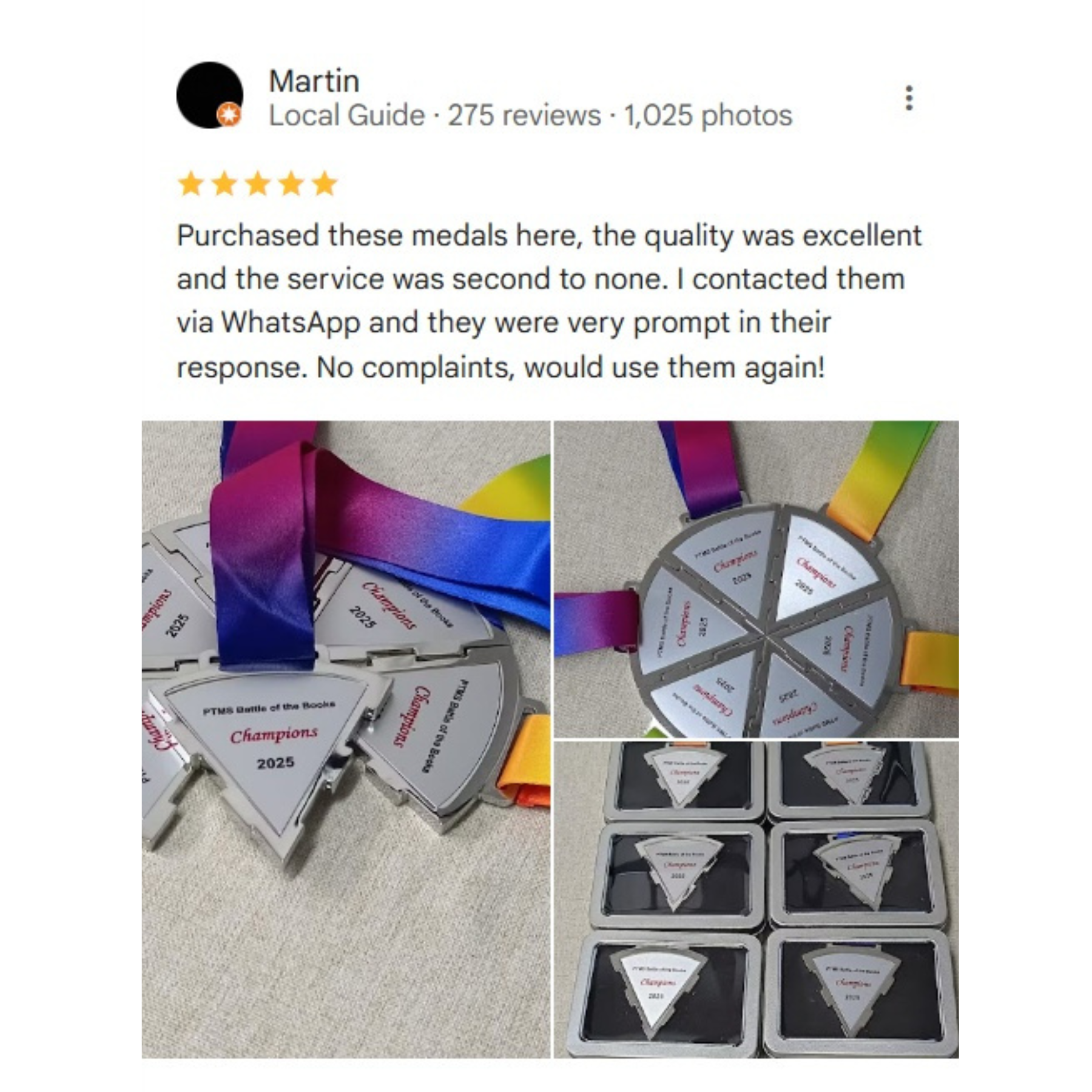Building trust in a workplace is critical for everyone, whether you are an employee, a manager, or a leader. When you want to build trust, it's the same as building rapport until you can become successful in your area. If you don't have trust, it will be difficult for you to communicate, coordinate, and collaborate with team members or colleagues.
There are several effective ways that you can use to get you started building trust in the workplace, but first, we need to know about the basics of trust and types of trust.
Why is trust important in the workplace?
Trust is needed in a workplace because people who work in high-trust companies will have less stress than the opposite one. The amount of trust by employees to managers or to business owners and vice versa will bring about an obvious shift in how they speak and act.

For example, a manager or boss who doesn't trust you, won't give you the flexibility or freedom to work on your own terms. They will check everything you do and try to micromanage you. Coworkers who don't trust managers, co-workers, or their bosses will not collaborate with each other, don't like coming to gatherings or events even though they are invited.
Build trust must be the main thing in a workplace because it becomes the credibility of the company. Especially right now when there are many companies that do hybrid work and have virtual teams. Trust is more important than ever.
The two types of trust
There are two distinct types of trust that not many people know about. These types of trust are important and developed in different ways. You must have both and need to develop them simultaneously. Let's take a look about both.
- Practical trust
This is the type of trust that raises it in the traditional way, and almost everyone thinks of how to trust someone. You earn this trust by being a punctual person, being a hard-worker, getting the work done without missing deadlines.
Earning practical trust will get a reputation as a competent and reliable person. Without practical trust, others will micromanage you. Productivity and communication will be bad because you cannot do tasks according to deadlines or your abilities are inadequate.
- Emotional trust
Many people do not recognize and are aware of this type of trust. You can raise emotional trust by creating meaningful bonds with your team. You need to learn about the level of emotional intelligence. This is the type of trust that every leader needs to learn, because a successful leader can be seen from having a high level of emotional intelligence.
One of the signs that you have emotional trust is having a best friend at work and you understand that you can help each other. You and friends treat each other with respect, don't hesitate to share ideas, feelings, and thoughts that you don't express with other colleagues.
Building emotional trust needs a formula, because it relates to relationship and networking building.
10 ways to build trust in the workplace
Everyone in the workplace needs to build trust by aligning actions with words. Let's see some ways to earn it.
- Be honest
Honesty is important in a job. Even though at first it was difficult to tell the truth even though your colleagues couldn't be trusted, when you give them trust, they won't betray you. Being communicate, understand what others need to know, and being considerate of their work is good for their feelings. Building trust is being honest and supportive to others.
- Building trust takes hard work
Trust does not come by itself. You have to work on it and it takes time. Keep your promises and align your actions with your behavior to complete tasks and collaborative work. Trust is worth the effort because once people don't believe in you, it will be very difficult to recover. It's hard to earn, easy to break, and difficult to recover.
- Sometimes you need to be quiet
Listen carefully about what others say and try to understand by paraphrasing whatever you hear. Engage in dialogue with co-workers, don't be picky about it. It's like giving everyone an opportunity to share stories with you, and sometimes you share something like knowledge, funny stories, or anything to warm up the conversation. Everyone needs real two-way conversations with you as a good listener without interrupting them.
- Be transparent
Transparency does not only apply to managers or business owners, but also employees. Honest conversations and sharing honest ideas will open opportunities for collaboration and respect. Transparency will create consistency and regular communications between leaders and team members. If companies can be honest about their achievements and what the obstacles are, then employees will strive for the same goals, and grow greater trust.
- Build in accountability
Credibility and accountability are things that can be used for building trust. When workers and leaders acknowledge your successes and mistakes, they will respect you and trust you. Be open to receiving suggestions and criticism from others, because every employee has advantages and disadvantages. Accountability can be seen from evaluations in each project or status reports about everything you do.
- Learn the beahavior you seek
Every employee has different behavior. You can emulate one of the best behaviors from coworkers or leaders, which can influence you on how to build trust and get better at work. You will become more accustomed to learning other behaviors when doing collaborative work, brainstorming, and having conversations at work or outside the workplace.
- Being empathy to others
Caring for others, listening to what they have to say, and validating their feelings will build a lot of trust. This rarely happens when someone is already a leader. But if there are leaders who extend their empathy to others, they will be great leaders because they can both motivate and understand how employees feel.
- Appreciation
Don't forget to compliment others when they achieve a goal or become the best employee. By giving appreciation, you feel proud of their achievements, as well as being a motivation for you to achieve the same things without feeling jealous or pressured. You can appreciate other performances, starting from saying thank you for a job well done, or giving colleagues in the form of souvenirs, corporate gift, or stationery that can be useful for work.
- Take actions on suggestions
After receiving criticism and suggestions, we need to take action on what needs to be fixed or changed. Employees will respect us if their suggestions are heard and implemented and they evaluate them afterwards. This also applies when you give advice to team members. You will feel proud if your suggestions are implemented consistently, and you feel you have contributed to advancing the quality of the company to achieve the same goal.
- Be consistent
Building trust needs consistency. You can't be happy just by gaining everybody's trust, because you need to keep it and raise it over time. Don't give yourself a chance to make mistakes, act like everyone is watching you to be the best version of yourself. Everyone will see you as a person who can keep his words and according to his actions, not as a person who is only good in front and bad behind.
Trust in the workplace is something that everyone should strive for. We know that trust is hard to get, easy to break, and difficult to recover. But being consistent and continuing to do your best for the team will increase the morale of each team member. Once the team has a lot of trust, it will be easier for the team to collaborate and unite the vision and mission for the same goal.























